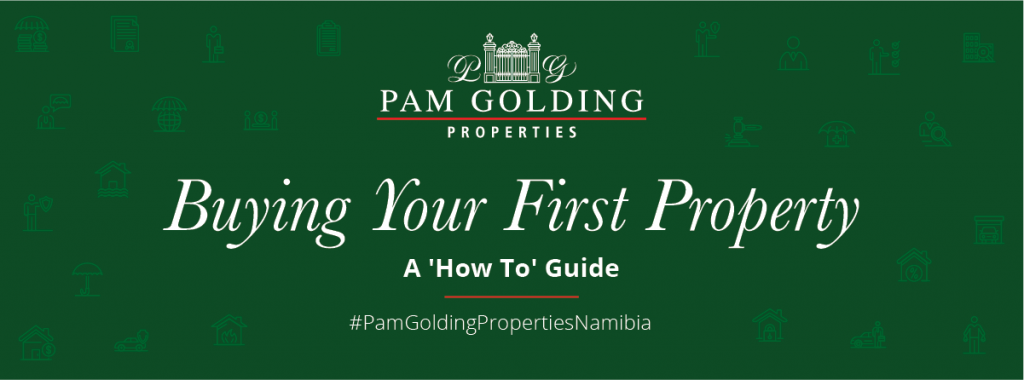
A ‘How To’ Guide
For first-time buyers considering property in Namibia, the process is both hugely exciting, and immensely scary. Knowing how to go about securing a home loan, and what steps, documents and procedures you need to follow in order to buy your dream home can be tricky if you have never taken the plunge before, and with friends and family all adding even more confusion by offering conflicting advice, it can make the entire process something of a nightmare.Before you give up and resign yourself to a lifetime of renting, consider these expert tips from property experts:
Know your budget and agree on a price limit
Chances are good that you are purchasing property with a wife, husband or longterm partner. Together, you will need to work out your joint budget, and decide how much you can afford to spend on property. Much as you may be dreaming of owning that beautiful four story mansion, if your income does not allow you to budget sufficiently, you will not be able to secure a home loan. If you choose to go with a joint loan however, you will be able to apply for a greater loan than you would if applying for a single loan – this often amounts to about 25-30% of your joint income in total.
Understand the bond process and what it means for you
The minimum amount for a home loan in Namibia is about N$100,000. Another key thing to consider is whether you can afford a deposit towards the loan, as this will affect a number of things, including the interest you may need to pay. When your loan application is received, the bank will determine the Loan-To-Value ratio (LTV) – this is basically the ratio between the loan you require, and the value of the property in question. The lower the LTV ration, the lower your interest rate will be.
Get all your documents and information together
Once you are ready to put together your application, you will need to have the following documentation to give to the bank. In the case of joint loans, both parties will need to provide these documents:
- Copy of your ID
- If you’re full-time employed, three months bank statements
- Your offer to purchase
- Most recent payslip or in some cases, up to six months payslips.
- Self employed business owners will need the following:
• Six months business accounts statements
• Six months personal bank statements
• Proof of monthly income
To qualify for a home loan to purchase property in Namibia, you need to meet certain requirements. You need to be over the age of 21, be employed for at least two years (or self-employed for at least six months) and be earning a minimum of N$10,000 joint or single income and have a clear credit history with no defaults or judgments. If you meet these requirements, then you can begin the first steps to purchase your dream property in Namibia.
General Tips:
If you are interested in a specific property, remember to find out what the future local authority rates and taxes or Body Corporate/Estate levies will be.
- Are you happy with the size and general location, address and convenience of the property?
- Check out doors and odd shaped rooms to ensure you furniture will fit.
- Does the property comply with your general needs regarding pets and children?
- Is it secure? Would there perhaps be any traffic, either pedestrian or vehicle, that would bother you?
- Find out about the type of material used (type of bricks or specific woodwork), as well as the age of the building.
- Check out the foundation – is it cracked or solid? Look closely for cracks in walls and signs of structural damage.
- Check out the soil – it is believed that clay soil could cause rising damp and problems with the foundation.
- Moisture and rising damp – look for bubbling paint and other wet areas.
- Check out the roof, especially in dry season when it is easier to conceal a leaking roof – flat roofs are quite prone to leakage.
- Stained ceilings and discolouration of walls are normally signs of roof or geyser leaks.
- West facing houses in Namibia could be rather hot in the afternoon sun.
- Electrical and plumbing – unlike in South Africa, an electrical compliance certificate is not required for each transfer, therefore it could be wise to have an expert check out things like electrical wiring, plumbing and drains, garage and gate motors, swimming pool pumps, etc.
- Movables and permanent fixtures: Spend time to prepare a list of the items which should be incorporated into the agreement. Plants, TV aerials, ovens, bar counters, alarm systems, blinds and light fittings, as well as pool cleaning equipment. These are the most commonly disputed items.
- Security: Check out outside lights, walls, fences.
